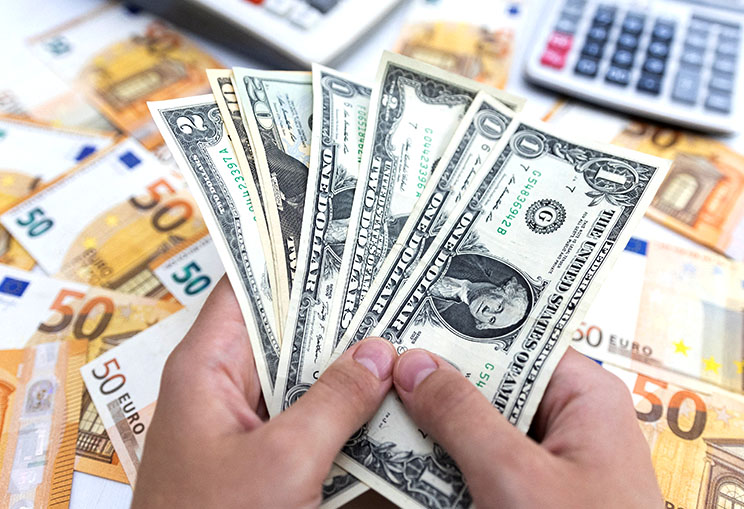The majority of Asian currencies were little changed on Tuesday as the dollar recovered from overnight losses. In contrast, the New Zealand dollar increased as expectations for future interest rate hikes rose due to inflation data that was stronger than expected.
The New Zealand dollar went up by 0.6% against the US dollar after data showed that the country’s inflation rate was higher than expected in the third quarter.
The number confirmed that the central bank of New Zealand will keep raising interest rates a lot to fight inflation, which is expected to make the NZD stronger.
One of the first significant banks to start tightening policy following the COVID-19 outbreak is New Zealand’s central bank. But this hasn’t had much of an effect on local inflation, so the rates have had to go up even more.
The minutes from the Reserve Bank’s most recent meeting show that even though rates were raised by less than expected this month, the RBA still wants to keep doing so to fight rising inflation. This led to a small rise in the value of the Australian dollar against the U.S. dollar.
As traders considered conflicting economic signals from China, the value of the Chinese yuan decreased somewhat against the dollar. The administration detailed stimulus and expenditure plans to further assist economic growth while simultaneously reiterating its commitment to uphold the contentious zero-COVID policy.
However, the U.S. government’s announcement of further limitations on Chinese enterprises’ access to American-made chips damaged perceptions of China. The action is likely to hurt China’s plans to make chips in a big way, which could slow down economic growth in the coming months.
The Japanese yen strengthened by 0.1% against the dollar, but it was still trading close to its lowest level since 1990 due to the widening gap between domestic and American interest rates. After acting in late September by buying yen and selling dollars, attention is now on the Bank of Japan’s action in currency markets to boost the yen.
After falling 1% on Monday, the US dollar modestly increased on Tuesday as sentiment improved following the UK government’s abrupt change of heart on a divisive tax scheme. Following the action, the pound significantly rose, depressing the dollar index.
On Tuesday, the dollar index increased 0.2% from a 1-1/2 week low, while the dollar index futures also increased 0.1%, moving up toward the 112 mark.
Even though the dollar has been weak lately, it is expected to get stronger in the coming months, especially as the Federal Reserve continues to raise interest rates to fight high inflation.
The likelihood that the bank will increase rates by 75 basis points in November, its third consecutive increase, is currently close to 100%. This pattern has put significant pressure on Asian currencies this year and is generally expected to do so going forward.
Rising interest rates have increased concerns about a possible U.S. recession. According to Bloomberg economists, there is now a 100% risk that the greatest economy in the world will contract in the upcoming 12 months.

